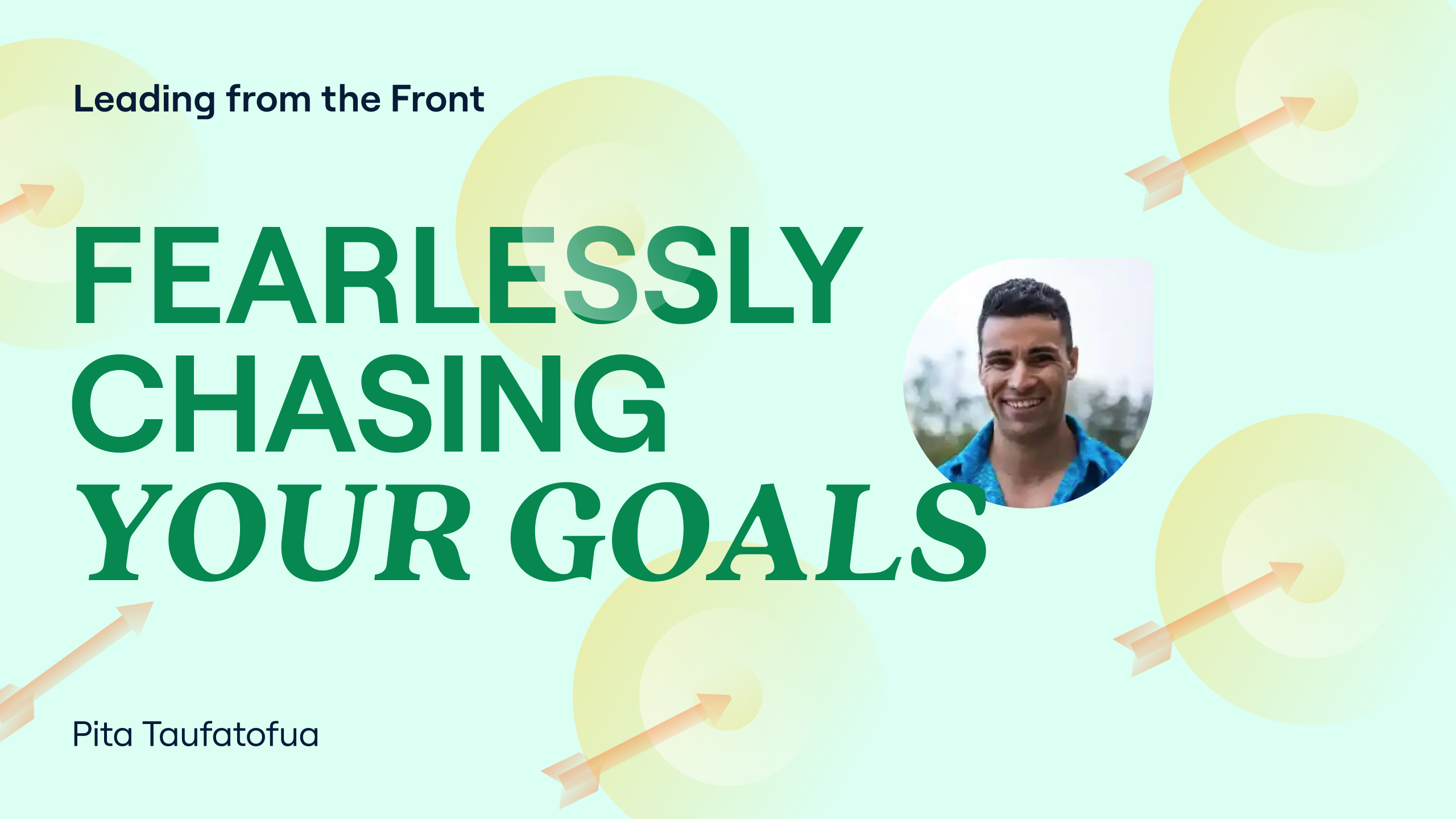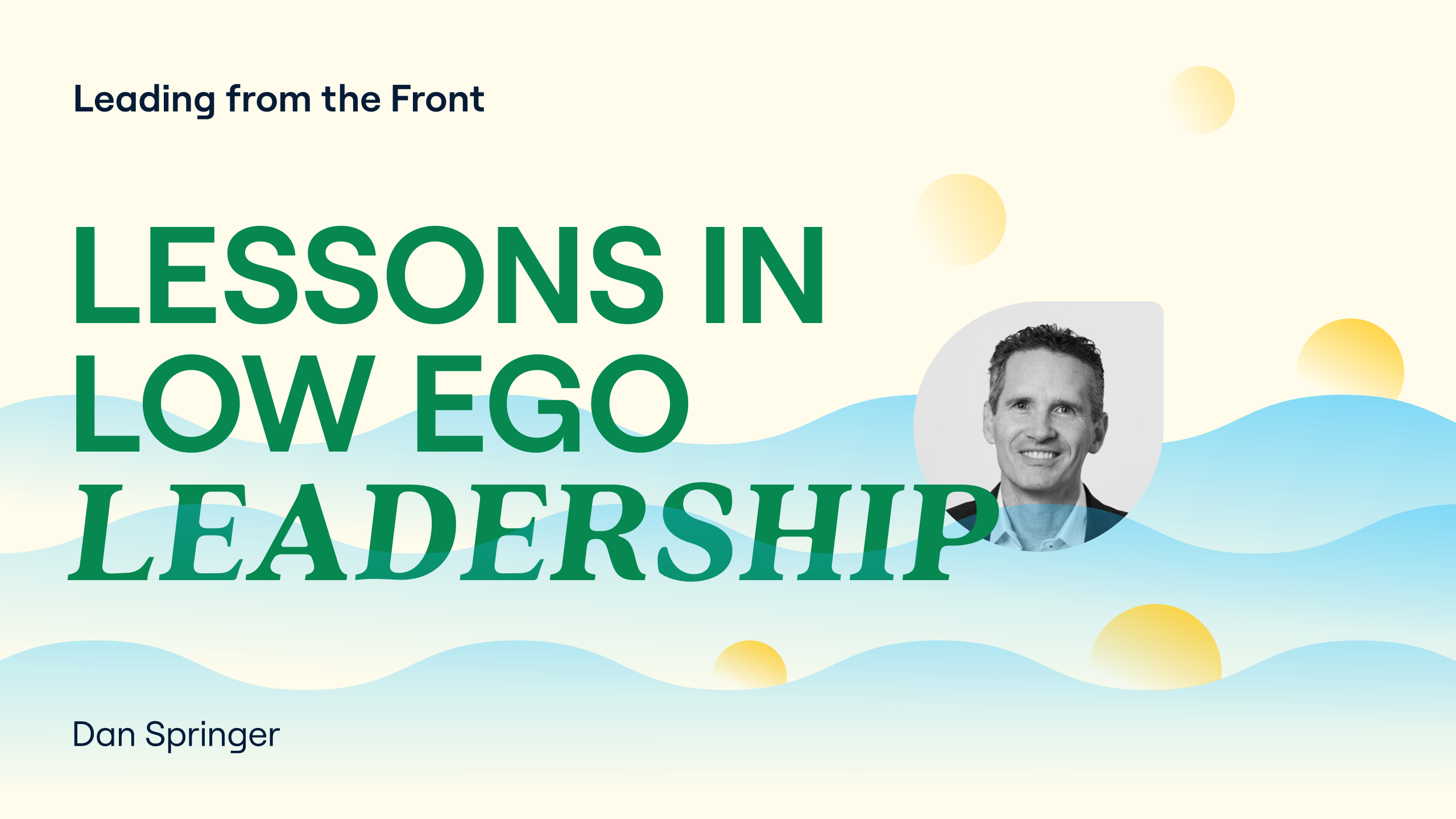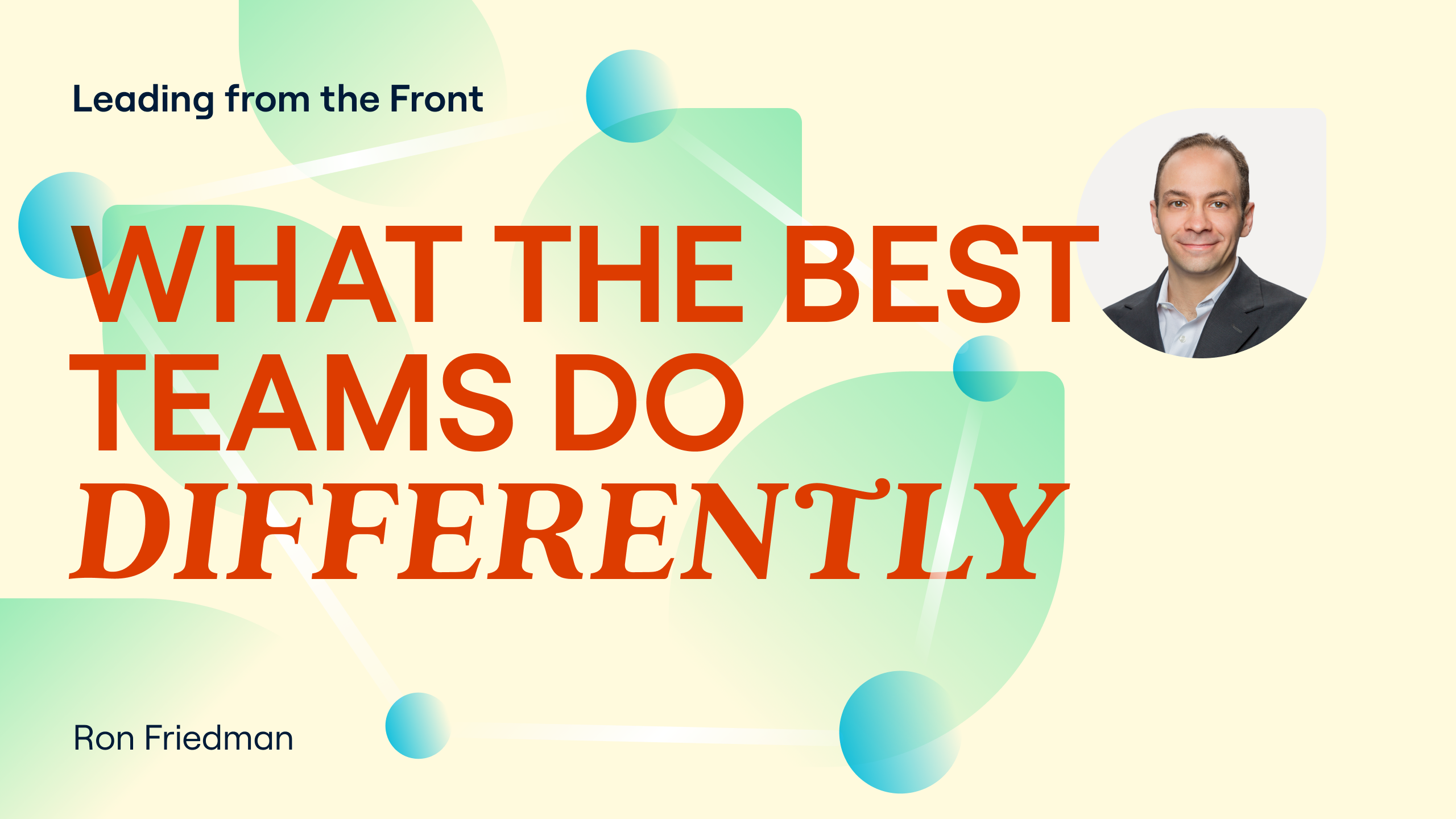Mathilde: Hi, everyone, I’m Mathilde, co-founder and CEO of Front. I love sharing my journey as a leader and as a founder, but really most of the things I’ve learned so far have been by talking to people that either are more experienced or wiser than me. And this is what I’m going to do today. I’m thrilled to be here with you to do that with Pita Taufatofua, an Olympic competitor from Tonga. You may know him as the shirtless flag bearer because he carried Tonga’s flag shirtless when he competed in the 2016 Olympics for Taekwando. Then he competed again in 2018 for cross-country skiing now in 2020 and is competing once again in Taekwondo, but also hoping to add sprint kayaking to his resume, attempting to make history as the first athlete in the modern Olympic era to have competed in three entirely different sports. Pita, thanks so much for taking a little out of your, I’m sure, super busy training schedule to chat with me today.
Pita: Thank you and thank you for having me.
Mathilde: So, as I said, you’ve competed in two Olympic Games and two different sports, and I’m sure that most people would say, well, that seems impossible. Maybe you thought it was impossible. So my first question to you was, did you ever think it was impossible? And why did you decide to do it and to persevere anyways?
Pita: For me, the one of the greatest things for me ever since I was a kid was to become an Olympian. It was something that just kind of stuck in my head and wouldn’t go away. And when I first accomplished this and I first became an Olympian, there was some I guess there was some challenging questions that people put out there. A lot of people said, you know, he’s a one hit wonder and it was luck and all these sorts of things. And I sat there and I took the feedback or some of the I guess the criticisms at that time. And I thought, well, what if what if I go and I do it again? If it took me 20 years to qualify the first time. What if I do it again? And what if I try and do it in a sport which I’ve never done? So there’s no perceived advantages. And let me go do it in the Winter Olympics because I’ve never seen snow before. So let me just keep upping the challenge, making it more difficult. Right? Not necessarily to prove to anyone else, but to prove to myself that by becoming an Olympian, the first time something had switched, something had changed in my head that where something difficult could now become achievable and then achievable, achievable, achievable. So I never thought I’d become a two-time let alone three time Olympian now. But a lot of the lessons that I learned allowed me to actually say that nothing is impossible, as they say.
Mathilde: And what do you think these main lessons are that allowed you to do this?
Pita: Number one is listen to your heart, and a lot of people speak about this, but what I mean by listen to your heart is that there’s a voice inside you that pulls you and draws you towards something greater than yourself. But with this, we’ve all got voices around us that try to ground us, you know, I’m worried for you. I’m worried that if you don’t accomplish that, you’re going to feel disappointed. I love you a lot. I don’t want you to feel that disappointment. So these are the voices from people who care. But then we’ve got voices from other people who I guess, you know, some people want to put you down in some way. And there’s something in all of us which is pulling us towards that. Number two is, is that there is always a way, always a way. So we have the idea when we’re when we’re pursuing a goal that we have to go through the front door. Sometimes the front door is shut. So what do we do? We go we try the back door, sometimes the back door is shut. So we look for the window. The window is too high or the window shut. We climb the wall and we go through the chimney and if the chimney is blocked, if there is no chimney, we break down the wall. And that’s the kind of the mantra that I’ve taken into every challenge is that there’s always a way, and it’s up to me to find it.
Mathilde: Super inspiring. Thank you so much for sharing. Do you feel like when you say people should listen to their inner voice or to their hearts, do you feel like the reason why people might not do it is because they’re not taking the time or they might not know how to access it?
Pita: I think it’s a mixture of both. I certainly think there’s a there’s an element of I don’t know how to access that voice or to assess what your heart is saying. Listening to your heart is about understanding the things that make you who you are and that pull you towards that goal of that dream. And it’s an individual answer to this question, but I think it’s about understanding self first and foremost.
Mathilde: And last question on this, because I could talk for hours about this, but you write that sometimes you are taking the time, but you don’t know which voice is speaking. And I’m curious if there is anything that you’ve done to try to know that you wanted to be an Olympian, or what your heart was saying.
Pita: So the the first time I wanted to become an Olympian, I was a 10 years old, I was in primary school and Tonga got their first medal in the Olympics. And we lined the streets and I stood there on the side holding a sign. And he looked at me and he waved. I was just a kid among a thousand other kids. And I thought, wow, I’m going to be an Olympian. Like that’s where the seed was planted. But when we talk about listening from the heart. So I’m a mechanical engineer. I did my engineering at the University of Queensland and my Masters, etc. One day I was in the university library. And and I pulled out a VHS. And it was it was called Pursuing the Dream. And I put the VHS into the TV and I sat there in the library and I watched it. And what it showed was that it showed all of these Olympians, it didn’t show everyone who was winning, which is a feat in itself, but it showed these people who are overcoming odds. And I sat there in the library crying. So when we say listen to your heart, there’s nothing else that moves me the way that humans move me when they overcome challenges...


